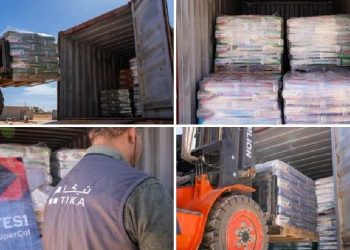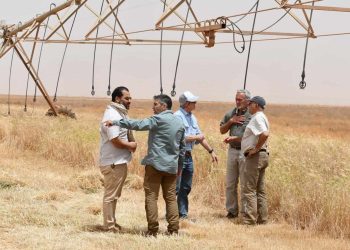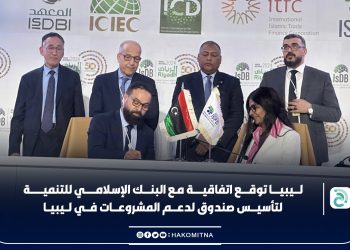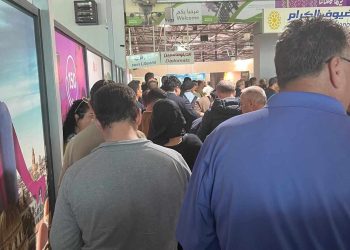By Sami Zaptia
A government spokesman talking on the Doha-based Libya Alahrar television station said that the reason why the budget was . . .[restrict]released so late (in March) was due to the fact that work on the budget had only started in December. This was owing to the liberation of Libya only being achieved in October/November.
Revealing some of the process of how the budget was arrived at, the spokesman added that the different ministries and government bodies had put forward estimates which were then studied by a Budget Committee. The Budget Committee then tried to reach an agreed compromise from these proposed estimates within the constraints of Libya’s present reality.
He went on to explain that the LD 68.5 billion budget is divided into four chapters — Chapter One, Wages and Salaries 18.67 billion (27 percent); Chapter Two, Operational and Running Expenditures 12.1 billion (18 percent); Chapter Three, Projects, Development and Reconstruction Programmes 19.1 billion (28 percent); and Chapter Four, Subsidies and Price Stabilization Fund 14.6 billion (21 percent).
Moreover, as a partial explanation for the record size of the budget, the spokesman revealed that the authorities were quite bullish about their estimates of the international price of crude oil over 2012. He confirmed that they had worked on a basis that Libya would earn an average of $100 a barrel over the remainder of 2012.
Libya’s 2012 budget is made up of LD 65.2 billion earned from hydrocarbon revenues, constituting 95 percent, and LD 3.2 billion from other revenues such as taxes and customs duties. These constitute only five percent of the budget.
This high dependency on hydrocarbon revenues and the huge LD 18.67 billion allocation to wages and salaries, underlines the desperate need for the diversification of the Libyan economy into non-hydrocarbon sectors, into job creating sectors and the encouragement of the growth of the private sector.
The spokesman also explained that due to the postwar circumstances, ministries would be expected to be flexible in the ways in which they use their allocations, but he stressed that this would not reduce any accountability or any reduction in transparency.
However, in view of the effects of the war, he admitted that there was a shortage of reliable data upon which to base the budget. He also added that there were a number of new ministries for which there was no track record to base a budget. As a result, he admitted that there was quite an element of ‘estimation’ in the budget.
Probably anticipating some queries from some of the international construction companies with existing contracts in Libya, the spokesman stressed that the huge LD 19.1 billion allocation (28 percent of the budget), was for priority projects and reconstruction work caused by war damage.
Finally, with reference to the huge allocation in the budget for the wages and operating costs of the National Transitional Council and Transitional Government, the spokesman explained that the current authorities had inherited a large bureaucracy and that it has to keep in the short term. [/restrict]









